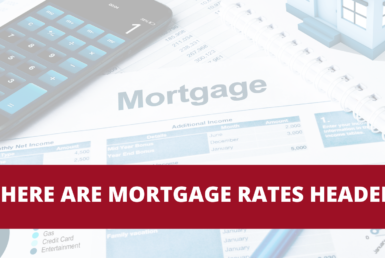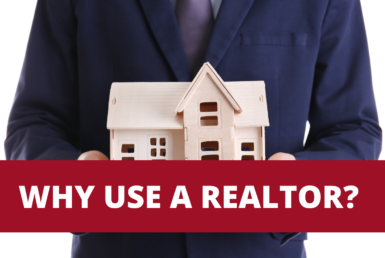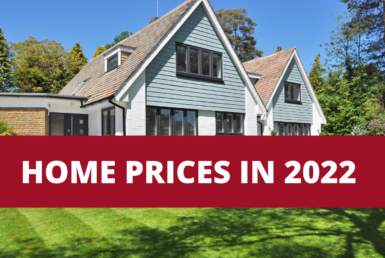9 Strategies for Affordable Home Buying


Get the best possible financing deal
Even as prices rise, record-low interest rates are keeping monthly payments manageable. Make sure you have optimized your credit score and compare rates and financing scenarios from a number of lenders before you sign on the dotted line. Just a small difference in closing costs or mortgage rate can make a big difference in housing affordability.
Develop an eye for the possibilities
We’ve all watched TV shows where house-hunting individuals and couples reject a place because of the carpet or the color of the living room walls. In order to find a bargain in today’s market, you’ll need to be a bit more open-minded. Take time during your home search to focus on what works rather than what doesn’t in the home you’re considering. Look past elements that are easy to fix, such as paint color, light fixtures, and flooring, and make your decisions based on the bones of the house, its location, and its livability.
Focus on progress, not perfection
In a buyer’s market, choosy homebuyers can look for turnkey, move-in-ready properties and demand a host of repairs and updates when negotiating. In a tight seller’s market, however, this is rarely the case. Remember, your house can still become your dream home even if it’s not perfect on day one. In this market, you need vision and a focus on progress in the months and years ahead. Remember, part of the fun of homeownership is the freedom to do what you want and make your home a reflection of your personal aesthetic and lifestyle.
Look for opportunities to add value
Perhaps the home you’re looking at doesn’t have the incredible outdoor space you’ve been dreaming of. By creating one yourself, you can instantly add value to the home and accrue additional equity. Maybe the baths are outdated. You don’t have to bring them up to speed on move-in day. Take the time to enhance and renovate your new home with an eye toward subsequent resale value.

Rethink your wish list
Look at your wish list, and consider what really truly matters to you and your family. Perhaps those granite countertops are not as important as a big backyard. Or maybe being walking distance from school matters more than the location of the laundry room. By shifting your focus to the unexpected benefits of a home, you may find that you can easily give up some bells and whistles in exchange for things that matter more.
Reconsider your neighborhood options
One easy way to make homeownership more affordable is to consider a wider variety of neighborhoods in your target market. Talk to a trusted real estate professional about the things you are looking for in your neighborhood, and find out if there are less expensive options that still give you some of those advantages. There’s more than one hip in-town enclave. There’s more than one tree-lined, family-friendly community. Expand your search to similar spots throughout your metro area to give yourself more choices.
Give yourself a longer timeline
Improve your chances of finding a bargain by giving yourself more time to explore opportunities in your market. These could include short-sales and foreclosures, which often require an extended timeline for negotiating with the bank or mortgage company holding the property. Remember the old saying “Haste makes waste,” and don’t let a self-imposed short turnaround and hasty decision making keep you from holding out for a home that fits your budget.
Take advantage of remote work opportunities
One of the big changes to come out of the pandemic is the increased availability of remote work opportunities. For many professionals, that opens up a whole world of possibilities when it comes to a choice in neighborhood. If you no longer have to focus on your commute, it may be time for you to consider a home in an outer suburban or even rural area of your market. You may be able to find a home with more square footage, more outdoor space, and a more relaxing lifestyle for less money than you ever thought possible.

Consider house hacking
House hacking is a favorite technique of real estate investors to make your home budget go further. It involves purchasing a home with investment potential, and then living in one part of the property while renting out the other.
For example, you may want to purchase a duplex and rent out the other side. You may also purchase a home with a lower-level au pair or in-law suite, and turn it into a rental property. If your area allows accessory dwelling units (ADUs), you may want to add one to your home, and convert it into a cash-flowing apartment. Any of these options can help offset the cost of your mortgage each month or, in some cases, help you pay it altogether.
If you live in a popular resort or vacation spot, you may want to make your short-term rental property or seasonal. That could allow you to bring in extra income without the commitment of being a full-time, year-round landlord. Be sure to check your local and homeowners association rules and regulations to determine if there are limits to your ability to rent out your property.





Join The Discussion